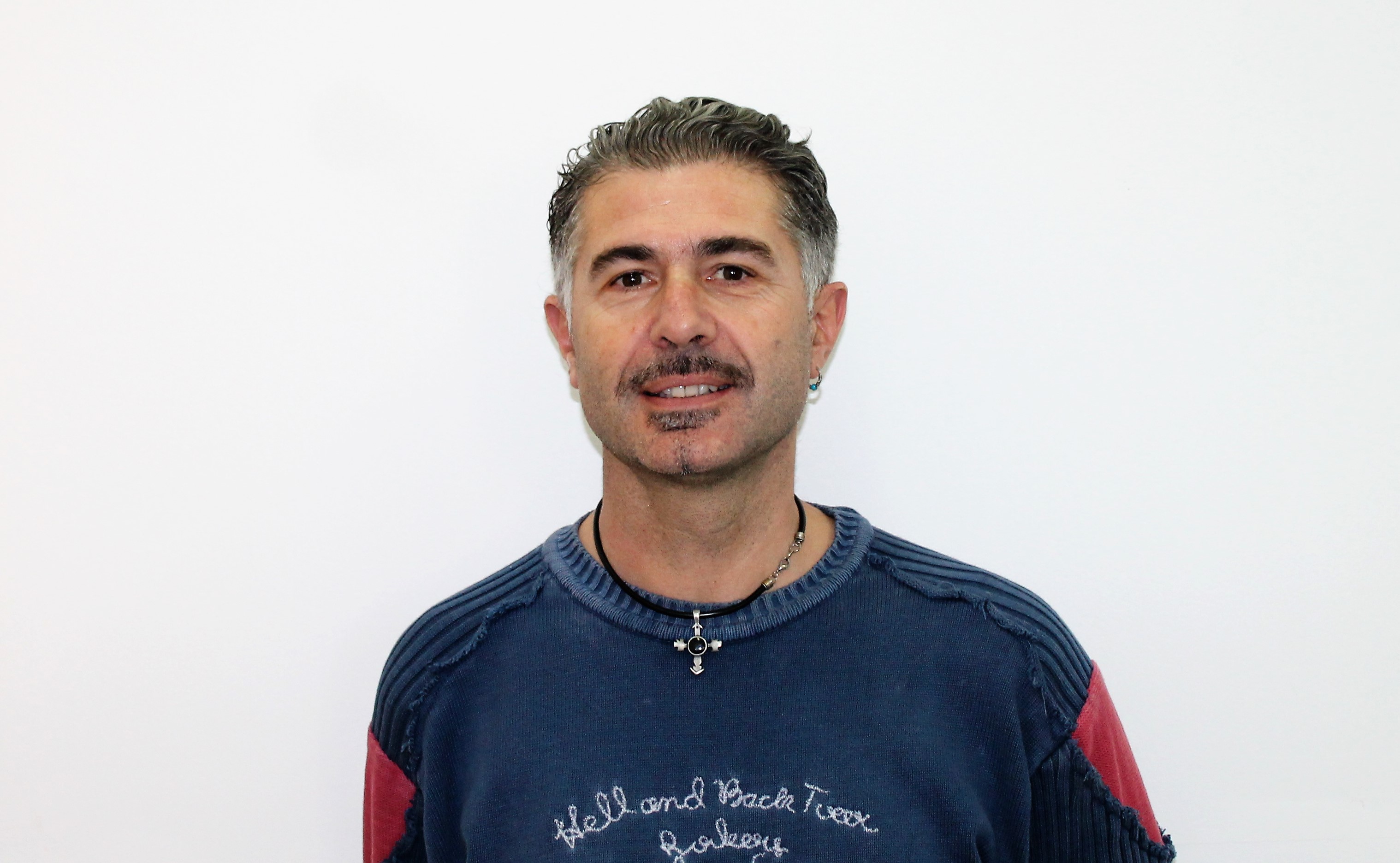
- +351 213 652 600
- +351 213 632 105
- Download CV
- Orcid
- NOVA Research
Pedro Cravo
Cross-cutting Issue Facilitator Drug Discovery & Resistance
GHTM Group: VBD PhD members, Vector-borne diseases
Pedro Cravo holds a Bachelor’s degree in Biotechnological Engineering, a Master’s degree in Molecular and Biochemical Parasitology and a Ph.d. in Genetics, obtained in 2001. Since then, his career has been mostly devoted to understanding the molecular mechanisms of resistance to antimalarial drugs, using genome-wide genetics combined with new concepts and technologies of genomics and bioinformatics. In this area, Pedro Cravo published several landmark papers reporting the de novo discovery of several mutations linked to drug resistance in malaria parasites, using the rodent malaria model Plasmodium chabaudi. He is currently an Assistant Professor at the Instituto de Higiene e Medicina Tropical (Universidade Nova de LIsboa), Portugal, where he follows his studies on the mechanisms of drug resistance in malaria. More recently, he started applying genomics and bioinformatics tools towards the discovery of new antimalarial drugs through a strategy known as “drug repositioning” as well as for generating effective vaccines against human malaria parasites.
My work has been devoted primarily to research on molecular mechanisms of resistance to antimalarial drugs using classical genetics tools combined with new concepts and technologies of genomics and bioinformatics. Using these tools, our group was the first to prove that malaria parasites could evolve resistance to artemisinin and to describe its underlying mechanisms. More recently, I have focused on the application of genomics concepts for the discovery of new therapies and vaccines against tropical diseases. This work has resulted in the generation of a novel workflow to rapidly indentify new treatments for different diseases through “Drug Repurposing”. I have worked in partnership with institutions from countries where different tropical parasites are a substantial public health problem, including in Brazil, where I was a Visiting Professor between 2011 and 2016.
- Brasil P, Zalis MG, de Pina-Costa A, Siqueira AM, Júnior CB, Silva S, Areas ALL, Pelajo-Machado M, de Alvarenga DAM, da Silva Santelli ACF, Albuquerque HG, Cravo P, Santos de Abreu FV, Peterka CL, Zanini GM, Suárez Mutis MC, Pissinatti A, Lourenço-de-Oliveira R, de Brito CFA, de Fátima Ferreira-da-Cruz M, Culleton R, Daniel-Ribeiro CT (2017) Outbreak of human malaria caused by Plasmodium simium in the Atlantic Forest in Rio de Janeiro: a molecular epidemiological investigation. Lancet Glob Health. Oct;5(10):e1038-e1046. https://doi.org/10.1016/S2214-109X(17)30333-9
- Neves BJ, Muratov E, Machado RB, Andrade CH, Cravo PV. Modern approaches to accelerate discovery of new antischistosomal drugs. Expert Opin Drug Discov. 2016. Jun;11(6):557-67. https://doi.org/10.1080/17460441.2016.1178230
- Cravo P, Napolitano H, Culleton R (2015). How genomics is contributing to the fight against artemisinin-resistant malaria parasites. Acta Trop. 148:1-7. https://doi.org/10.1016/j.actatropica.2015.04.007
- Henriques G, Martinelli A, Rodrigues L, Modrzynska K, Fawcett R, Houston D, Borges S, d’Alessandro U, Tinto H, Karema C, Hunt P, Cravo P. (2013). Artemisinin resistance in rodent malaria – mutation in the AP2 adaptor µ-chain suggests involvement of endocytosis and membrane protein trafficking. Malar J. 12(1):118.
- Hunt P, Martinelli A, Modrzynska K, Borges S, Creasey A, Rodrigues L, Beraldi D, Loewe L, Fawcett R, Kumar S, Thomson M, Trivedi U, Otto T, Pain A, Blaxter M, Cravo P (2010). Experimental evolution, genetic analysis and genome re-sequencing reveals the mutation conferring artemisinin resistance in an isogenic lineage of malaria parasites. BMC Genomics. 11, 499.